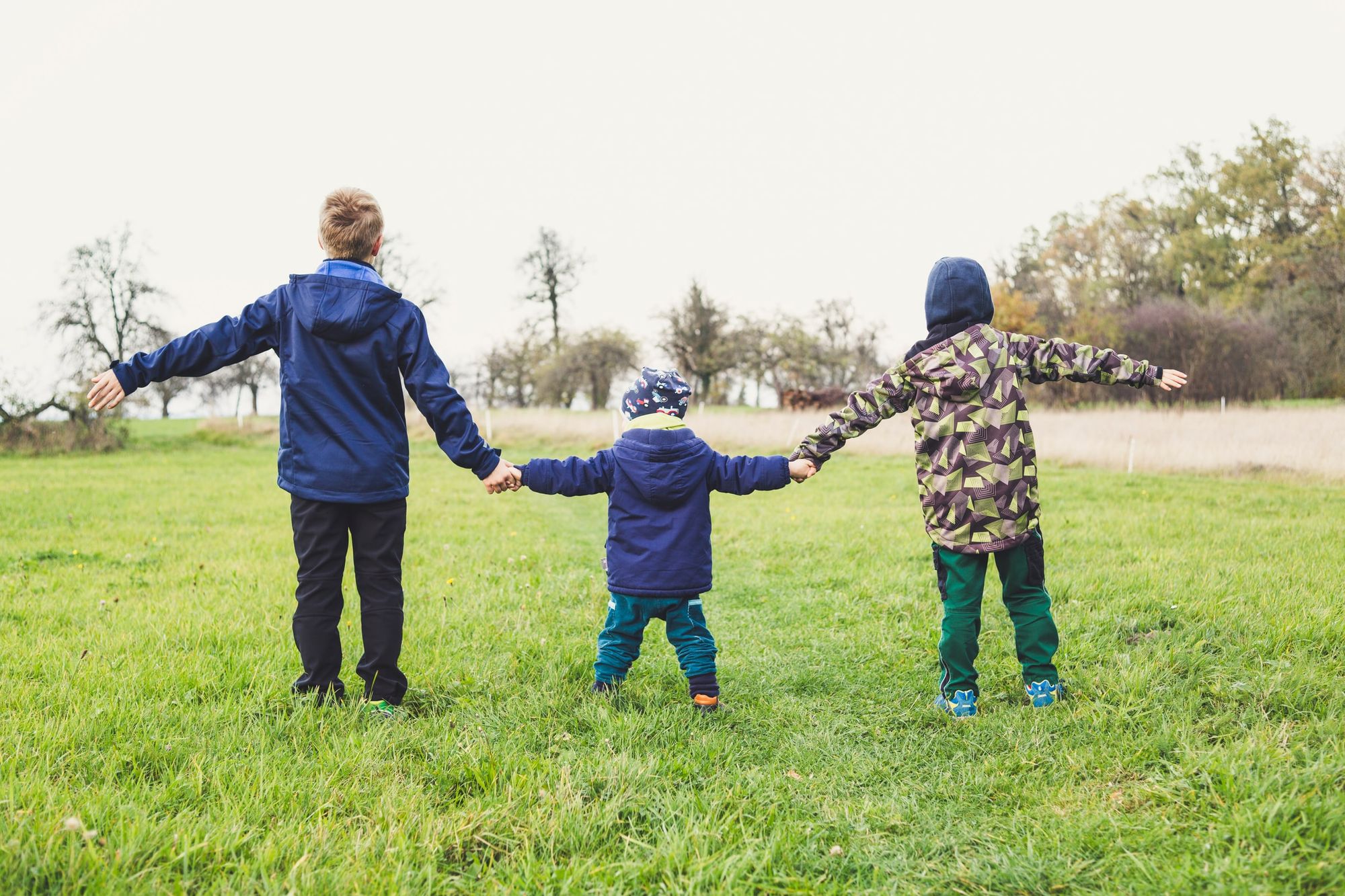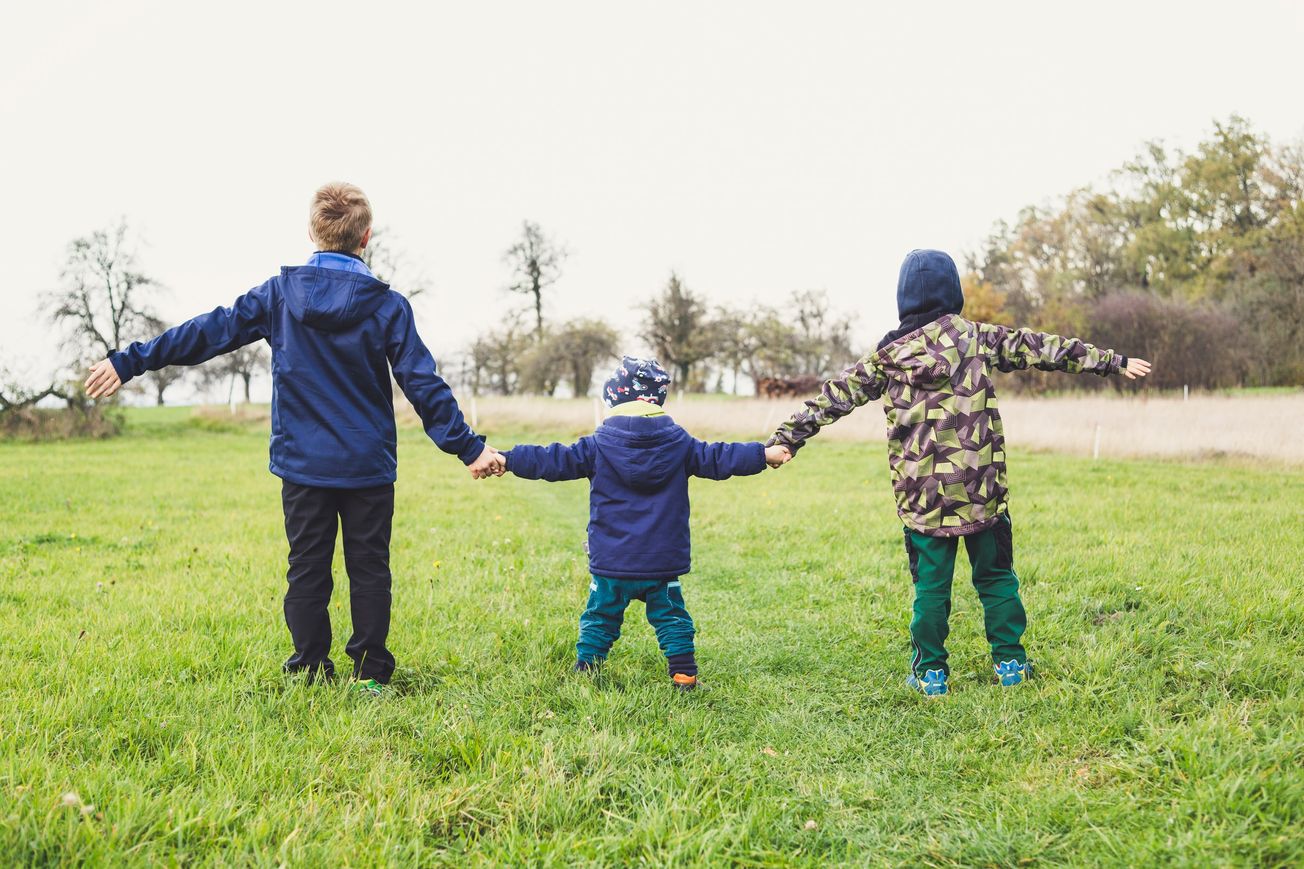By Katy Golding, Second Year Geographical Sciences
Taking a job in childcare has its perks. The enthusiasm from children is infectious. It is an employment opportunity I have never experienced anywhere but Bristol. At 20 years old I didn’t expect childcare to be such a huge part of my life.
I moved to Bristol in 2018 from Derbyshire, where the only work for unskilled young adults was waiting-on and stacking shelves. It created a demoralizing association to working life; the work being underpaid and the customers unappreciative.

Having enjoyed a positive experience with a family and their puppy in Southville, my housemate encouraged me to also contact families in Bristol who were seeking childcare. Yet the only experience I had of childcare was babysitting for friends and family, usually only for minimal money and a thank-you at the end of the evening.
It almost seemed too good to be true, a decent wage of around £10 an hour and shifts that included school pickups and prepping dinner. I started working for a family in Stoke Gifford, looking after a three year-old girl and a five year-old boy.
I lived in Bristol over summer and provided childcare during the week and had the weekends to myself; it was a good balance. Nannying is not easy work, but it is always rewarding. I would spend my days in the sun, filling up paddling pools, playing dress-up, and watching far too many films.
I had demoralizing association to working life in my mind; the work being underpaid and the customers unappreciative.
I would come home in the evenings and chat to my housemates about the things the kids had done over a glass of wine while sending multiple messages to my parents apologizing for being a difficult child. For me, nannying was truly a god-send in a summer of COVID-19.
It was a simple process, signing up to the childcare website and paying a small fee to contact suitable parents. I already had a DBS check and experience with younger children so it only took me a matter of weeks. I’ve never felt so appreciated in any work I’ve done. It makes you evaluate the type of work you are willing to take on.
Although, you have to question if I didn’t go to university and live in such an affluent area of Bristol, would I have the same opportunities? With the family I worked for, there was a common ground with having attended university; the parents understood the stresses and strains of student life.
Today's #HiddenHeroes: our wonderful #childminders, who are looking after key workers’ + vulnerable children in #Bristol
— Marvin Rees (@MarvinJRees) March 31, 2020
They’re also helping families to find alternative childcare + supporting children w/ learning activities. Thanks for everything you do! #WeAreBristol #Covid19 pic.twitter.com/6fsoAUlaXi
Working as a nanny provided me with new aspirations. It also offers a release from the worries of university life as it removes you from your student environment and forces you to do a job.
It almost helps you focus on things that are stresses, such as the kids desperately trying to raid the cupboard or upend the table. It puts things into perspective. You aren't desperate for the shift to come to end, which is a game-changer.
The positive experience that I have gained from nannying lifted me out of my low-mood after COVID became a harsh reality. I couldn't recommend nannying more. Before, I resented the idea of working, and now I associate it with only good experiences.
Featured Image: Flickr / Markus Spiske








